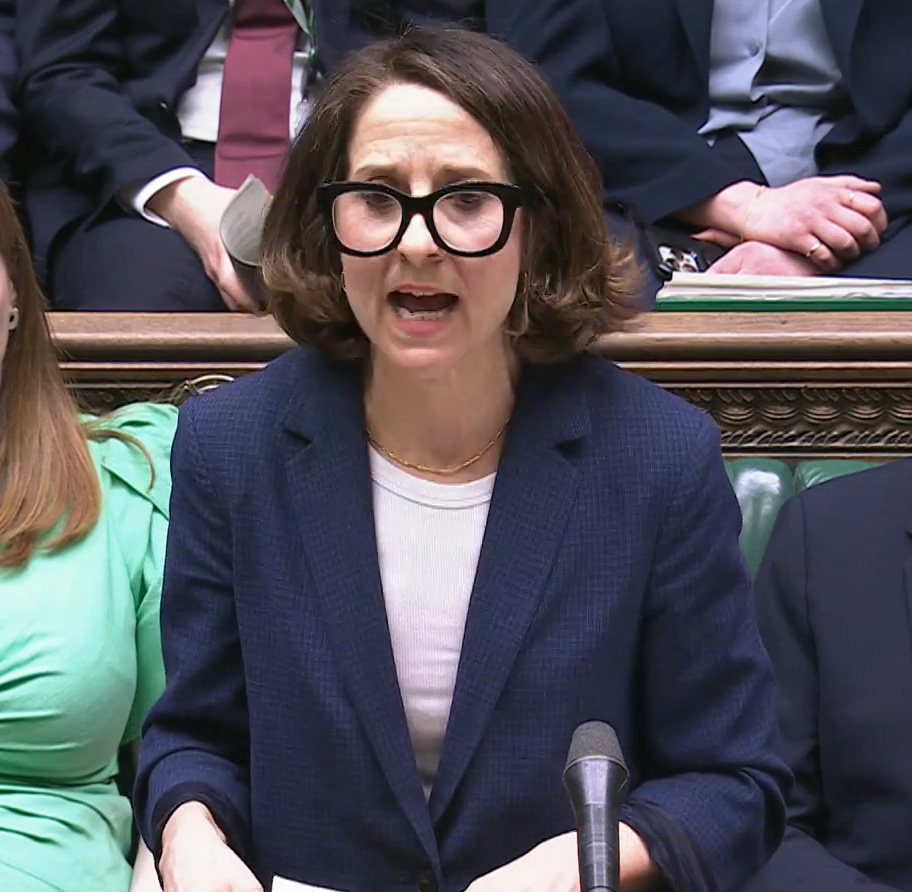 New restrictions for sodium valproate are to come into effect from January 31, 2024.
New restrictions for sodium valproate are to come into effect from January 31, 2024.
The changes, announced by the MHRA last year, affect men and boys for the first time.
Sodium valproate is an anti-seizure medication. You may also know it as: Epilim, Episenta, Epival, Dyzantil or Depakin
The MHRA is a government body that regulates the safety of medicines and medical devices.
The restrictions mean no one under the age of 55 will be newly prescribed sodium valproate unless two specialists agree there is no other effective or tolerated treatment, or unless there are “compelling reasons that the reproductive risks do not apply”.
The update means all women who could become pregnant and girls who are currently taking valproate will be reviewed at their next annual specialist appointment, and will require a second opinion to continue taking the medicine. This will be done using an Annual Risk Acknowledgement Form, which will also be introduced for men in 2024.
According to the MHRA, about one in nine babies born to mothers taking valproate will have birth defects and about 30-40 of 100 will have learning difficulties.
The MHRA has also said that there is a risk of reduced fertility in men and boys taking valproate.
There have been restrictions around valproate for women under 55 since 2018 when the MHRA introduced the Pregnancy Prevention Programme.
Epilepsy Action understands that for 10% of people with generalised epilepsies, valproate is the first-line defence against hospitalisation and the risk of sudden unexpected death in epilepsy (SUDEP).
Do not to stop taking your epilepsy medicine without talking to your doctor first.
‘Dramatic shift in clinical practice’
Epilepsy Action chief executive Philip Lee said: “Throughout 2023, we have raised our concerns around the new sodium valproate policies as part of a group of epilepsy charities and organisations. The new regulations represent a dramatic shift in clinical practice, and the group expressed concerns when it came to their impact on patient safety and workability for healthcare professionals.“The group gave the MHRA constructive feedback on proposed patient materials, as well as the development and implementation of the policy. These changes were necessary so that patients and families could be empowered with all the insight they needed to make informed choices about their treatment.
“With the new policy being rolled out from the end of January 2024, we hope that all healthcare providers will be given the time to safely implement it at a time when these systems face unprecedented waiting times, resource limitations and access issues.
“We hope that all people with epilepsy affected by this policy will receive personalised information about their epilepsy and associated risks from their health professionals.
“Epilepsy Action will remain engaged with the MHRA and others on this issue for as long as we feel we can have a positive benefit for people with epilepsy and the wider epilepsy community. We will continue to be alongside people and families and seek accountability and learning as needed. We will also continue to call for openness of evidence, positive opportunities for engagement and balanced messaging, so that people can make properly informed choices about their treatment and safety.”
MHRA announcement
On 28 November, the MHRA ordered healthcare organisations to create a plan for implementing the measures. The National Patient Safety Alert was sent to Integrated Care Boards (ICBs) and their equivalents in Wales, Scotland and Northern Ireland.
ICBs are English NHS organisations responsible for planning and budgeting health services in a particular geographical area.
Dr Alison Cave, MHRA chief safety officer said: “Valproate use in pregnancy carries significant risk of harm to the unborn child and should only be used in girls and women of child-bearing potential if a pregnancy prevention programme is in place. It also carries a risk of impaired fertility in males.
“To better protect patients from these harms, we are taking robust regulatory action to ensure greater scrutiny of valproate prescribing. Valproate should only be used when no other treatment is effective.”
For more information: New rules for taking sodium valproate – Epilepsy Action
More articles



